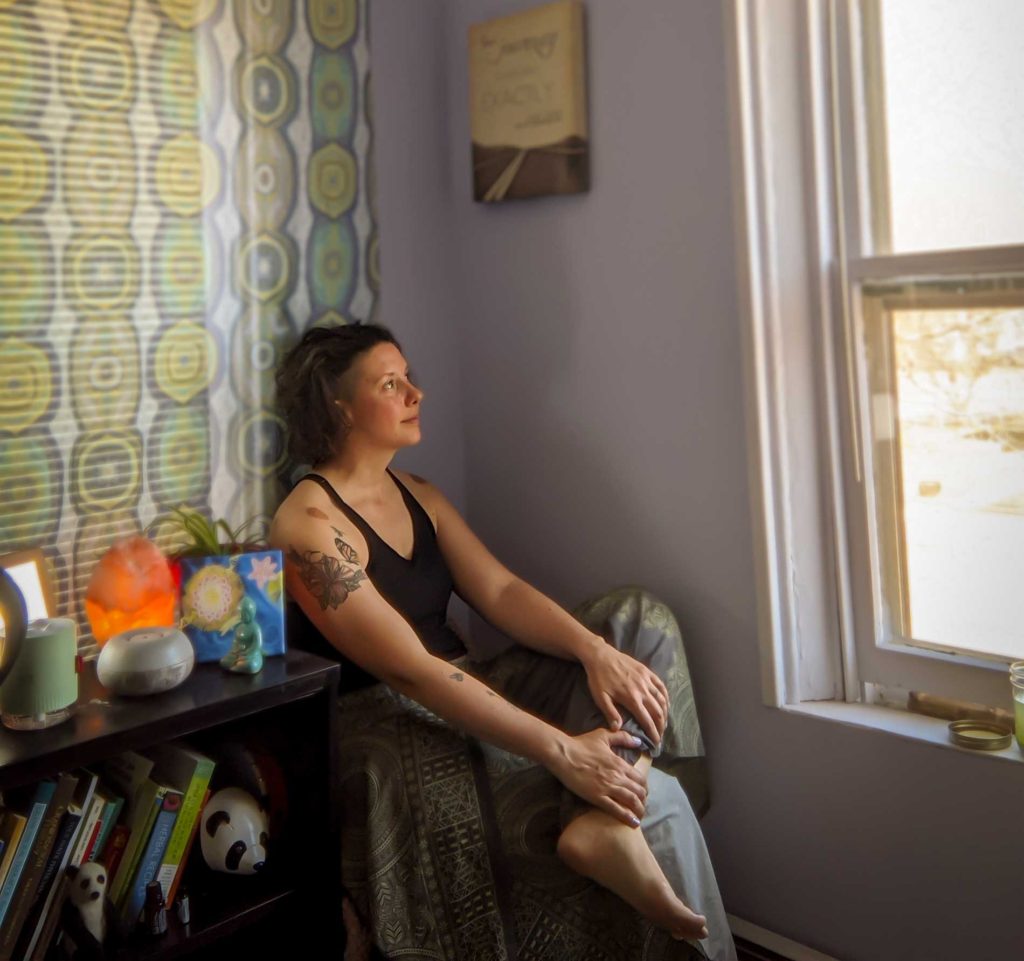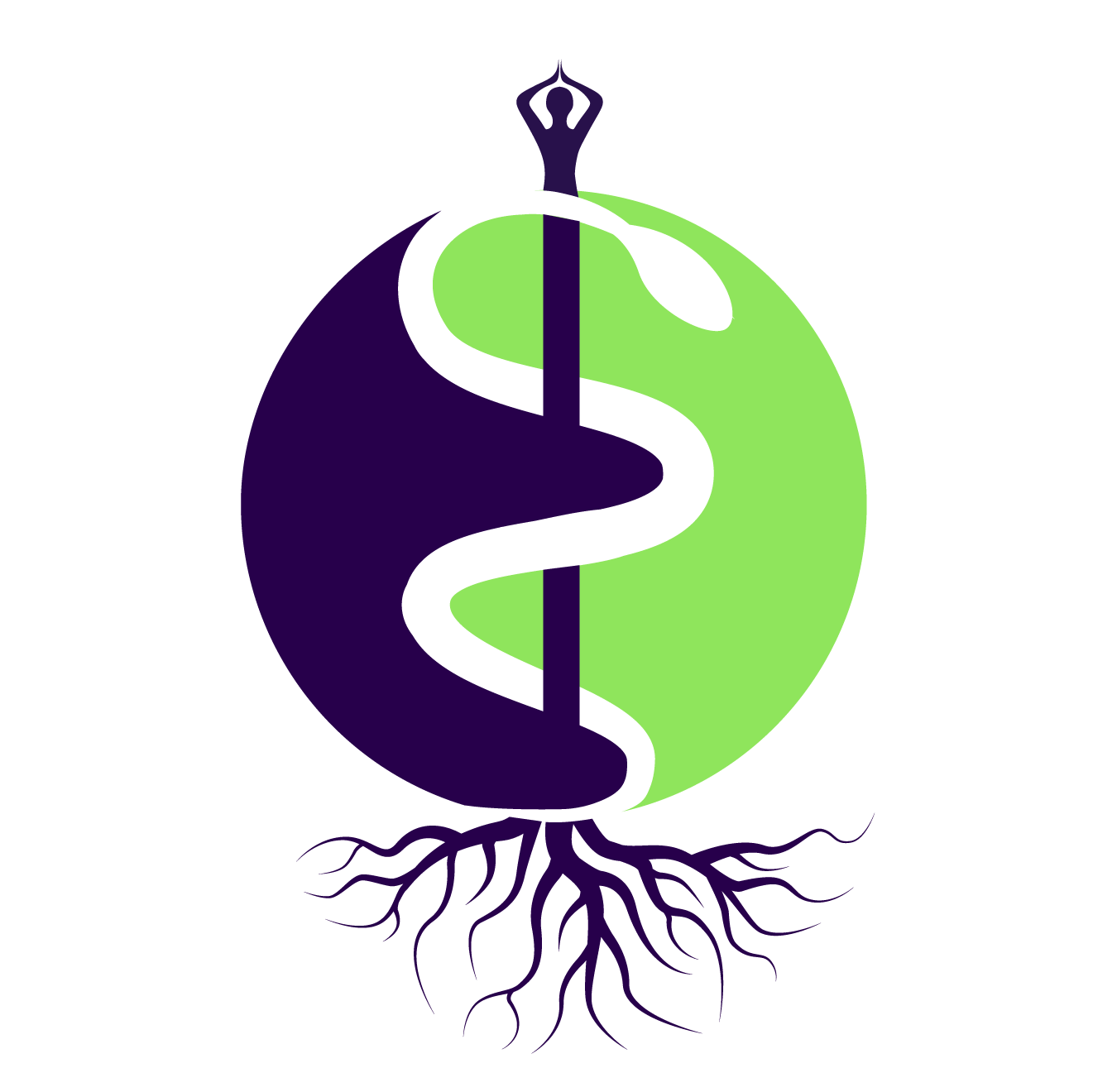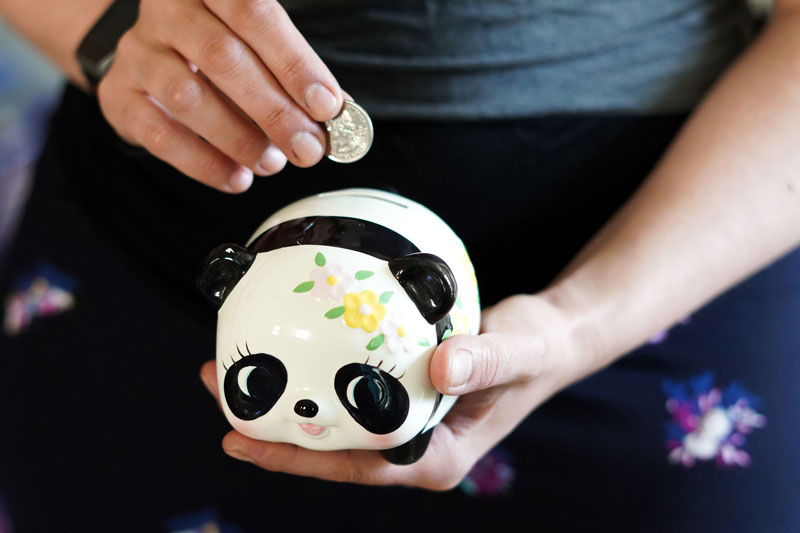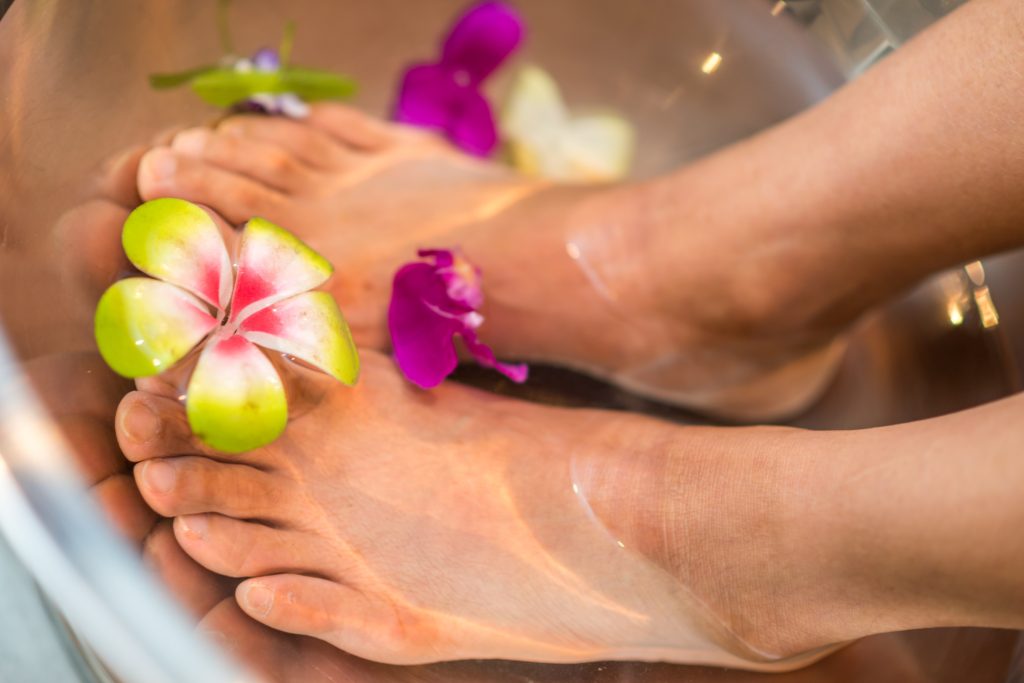Everyone should be able to afford massage.
Therapeutic massage and reflexology are part of our healthcare. Body work practitioners are commonly categorized under beauty and cosmetics, but I believe we are providing a different type of service.
Even for those who do not believe that our services are part of healthcare, we can all agree that you feel better after a massage than you did before. Furthermore, we are sought out to help recover from injury, rehabilitate from a surgery, heal energetic and mental wounds, and so much more.
Money should not be a barrier to receiving healthcare. I want to reach as many people as I can!
Advice from Many Business Professionals

Through my journey to becoming a massage therapist and business owner, I have received plenty of advice about what I should charge for my services. We learn about pricing in school. We do our market research, and we weigh the prices we charge as they relate to our expenses. After being in business for nearly 5 years, I’m told even now that I could raise my prices.
This conundrum has been with me since the beginning. In the first year, I thought that I was too new to the industry and that people would not pay the prices that I wanted to charge to see me.
Today, I don’t have that fear. It warms my heart, all these years later, that I’ve had the pleasure to touch so many lives and that the MVL family has grown as large as it has. Despite these great things, I’m confronted with this pricing question repeatedly. Believe it or not, it really bothers me.
Massage Should Be Affordable for Everyone

I finally have the words to express what I’ve always believed. I am not going to raise my prices at this time.
I am not going to raise my prices because massage should be affordable for everyone. If I raise my prices, then I risk only reaching the people who have the means to afford it. It is already expensive to live, and the COVID-19 pandemic has only made things worse.
Many of us cannot afford much, so why should I put my services out of reach for those who potentially need it the most? Keeping my prices affordable means that more people can receive my services.
What You Can Do to Save Money
Despite these efforts, massage and reflexology can still be cost restrictive for some people. Moreover, massage is generally not covered by insurance. There are things that you can do to help with the cost of my services.
- Health Saving Accounts (HSAs): While insurance generally does not cover our services, the IRS does allow for money saved in HSAs to be used.
- Service Packages: I routinely create packages, or bundles, of services. These are designed to help clients return at varying intervals. These intervals are designed to benefit from the effects of the service.
- Specials: I run specials all the time. They are found on my website and they are a great way to save money.
- 45 Minute Sessions: To make services more affordable, and to have enough time to receive the benefits of my services, we’ve created 45-minute sessions for $50.
- Add-on Services: A more affordable way to receive the benefits from a variety of modalities is to add a shorter duration of these add-on services. You have the option to add on to your primary appointment with services such as Aromatherapy, a foot scrub, cupping, and stones.
Conclusion
Massage therapy still has a long way to go to get rid of the stigma and categorization that it carries. However, we are making strides.
Keeping prices affordable does not mean that the services should be charged at $35 an hour. There is still a lot of training, expertise, and knowledge behind the work. This is why the question of raising prices keeps coming up.
MVL Wellness will be doing all it can to remain affordable. Massage is a benefit to your health, and you should have that available to you.



